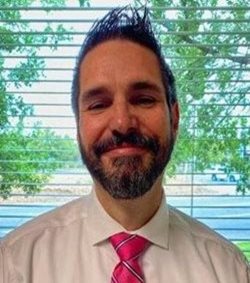
Blood and Body Fluid Spill Management
Potentially infectious human body fluids or blood spills that occur inside or in the outside environment should be decontaminated to prevent the transmission of communicable disease. It is important that personnel responsible for the cleanup be properly educated on the principles of Universal Precautions and the use of personal protective equipment (PPE) to prevent potential exposure to blood borne pathogens. Anyone that may be exposed to human blood, blood by-products or other potentially infectious materials during their job duties, or whose job may require them to provide first aid or CPR are required to receive annual blood & body fluid spill management training and education.
Questions? Check out our FAQs page and How Online IV Certification Works!
Objectives
Upon completion of this course, the participant will be able to:
- Define universal precautions.
- List the Personal Protective Equipment that may be used to clean a blood spill.
- Describe the steps to be taken for a safe blood spill decontamination.
Curriculum
Chapter 1: Basic Principles
Chapter 2: Hazardous Materials
Chapter 3: Personal Protective Equipment
Chapter 4: References
- California Bill 241
- Implicit Bias in Healthcare
- What is Implicit Bias?
- Implications of Implicit Bias in Healthcare
- How to Reduce Implicit Bias
Price: $12.00
Contact Hour: 1

Course Author

Kevin Stansbury
Kevin Stansbury, MBA, BSN, BS, RN, CEN, VA-BC, is a Registered Nurse with over 25 years’ experience in the medical field including critical care, emergency medicine, and infusion therapy. He is currently living and working in the Central Valley of California. Kevin is a 13-year veteran of the U.S. Army where he served as a combat medic and nurse. He received several military decorations during his tours in Desert Shield and Desert Storm, including an Army Achievement Medal, an Army Commendation Medal, and the Kuwaiti Liberation Medal. Kevin also received his Expert Field Medical Badge while serving two tours in Korea.
Read Full BioCourse Accreditation
See our Accreditation Statements page to view our accreditation information.